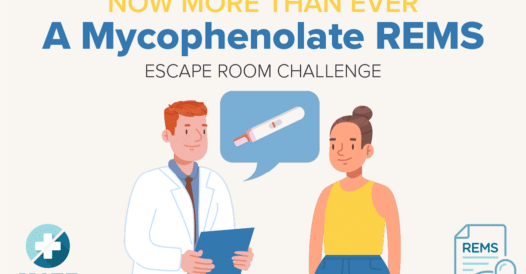Chronic cough, defined as a cough lasting 8 weeks or more, affects nearly 10 percent of the global adult population. More than a nuisance, chronic cough negatively impacts health-related quality-of-life and has physical, psychological, social, and financial implications due to symptoms, repetitive medical consultations, and fruitless investigations. In some cases, treating an underlying condition such as asthma or gastroesophageal reflux disease (GERD) will mitigate the problem, but many patients continue to cough despite optimal treatment – a condition known as “refractory chronic cough,” or RCC. There are also patients with chronic cough who have no identifiable associated condition, a so-called “unexplained chronic cough,” or UCC. Randomized controlled trials have now identified P2X3 receptor antagonists as a safe and efficacious strategy to target the distinct pathophysiology associated with RCC/UCC.
In this CME Outfitters “Clinical Clues” series, based on the popular escape room game concept, clinicians are challenged to gather clues in each of four virtual practice environments by learning about key concepts, current treatments, and new/emerging strategies related to chronic cough management. Successfully answering questions allows participants to collect clues needed to unlock subsequent stages. Chronic cough expert, Dr. Mandel Sher, offers practical commentary and management tips along the way.












